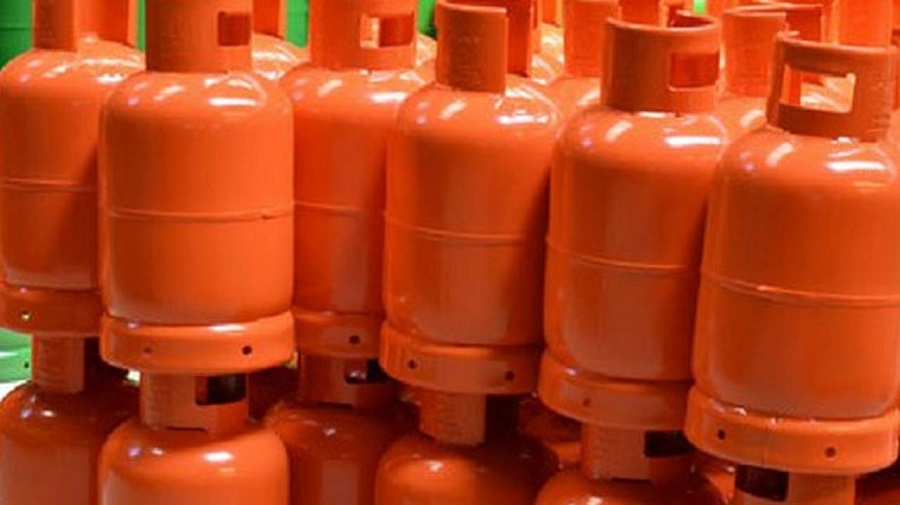BUSINESS &ECOMONY

COOKING GAS PRICES SKYROCKET TO ₦3,500 PER KG DESPITE NBS REPORT OF DECLINE
Despite a recent report by the National Bureau of Statistics (NBS) indicating a drop in the average cost of refilling Liquefied Petroleum Gas (LPG), commonly known as cooking gas, Nigerians are facing an alarming surge in retail prices, especially in Lagos and Ogun States.
The NBS had announced that the average price of refilling a 5kg cylinder dropped from ₦8,243.79 in July to ₦6,404.02 in August 2025. However, a market survey conducted by The Guardian reveals a starkly different reality — gas now sells for between ₦1,800 and ₦3,500 per kilogram, depending on location.
At Ijeshatedo in Lagos, residents lamented that retailers charge ₦3,000–₦3,500 per kg, while filling stations offer slightly cheaper rates of about ₦2,500 per kg — albeit with long queues and hours of waiting.
“It’s exhausting,” one consumer said. “I spent hours yesterday looking for gas and still couldn’t fill my cylinder. Many people are switching to charcoal or electric stoves because it’s unbearable.”
In Atan, Ogun State, residents reported paying between ₦2,000 and ₦2,500 per kg, while those in Igando, Lagos, said prices hover between ₦1,800 and ₦2,000.
According to Olatunbosun Oladapo, President of the Nigerian Association of Liquefied Petroleum Gas Marketers (NALPGAM), the current price spike is a temporary disruption caused by the recent Petroleum and Natural Gas Senior Staff Association of Nigeria (PENGASSAN) strike and maintenance work at the Dangote Refinery.
“Most of our LPG is now produced locally, with minimal importation,” Oladapo explained. “The strike affected vessel berthing in Lagos, but the NLNG has supplied Port Harcourt adequately. We expect normalcy to return soon as full-scale loading resumes.”
Energy expert Dr. Ayodele Oni, a Partner at Bloomfield LP, criticised the recurring gas shortages despite increased production. He noted that a large portion of Nigeria’s LPG output is still exported, leaving limited supply for domestic consumers.
“Domestic gas sales rose by about 22% year-on-year to roughly 65,632 metric tonnes in March 2025,” Oni said. “But much of that is monetised through exports rather than being channelled into local bottling and retail.”
As Nigerians grapple with rising costs and supply challenges, many households are resorting to alternative energy sources such as charcoal, firewood, or electric cookers — a move that underscores the urgent need for policy consistency in the country’s energy sector.
"This represents a significant development in our ongoing coverage of current events."— Editorial Board









